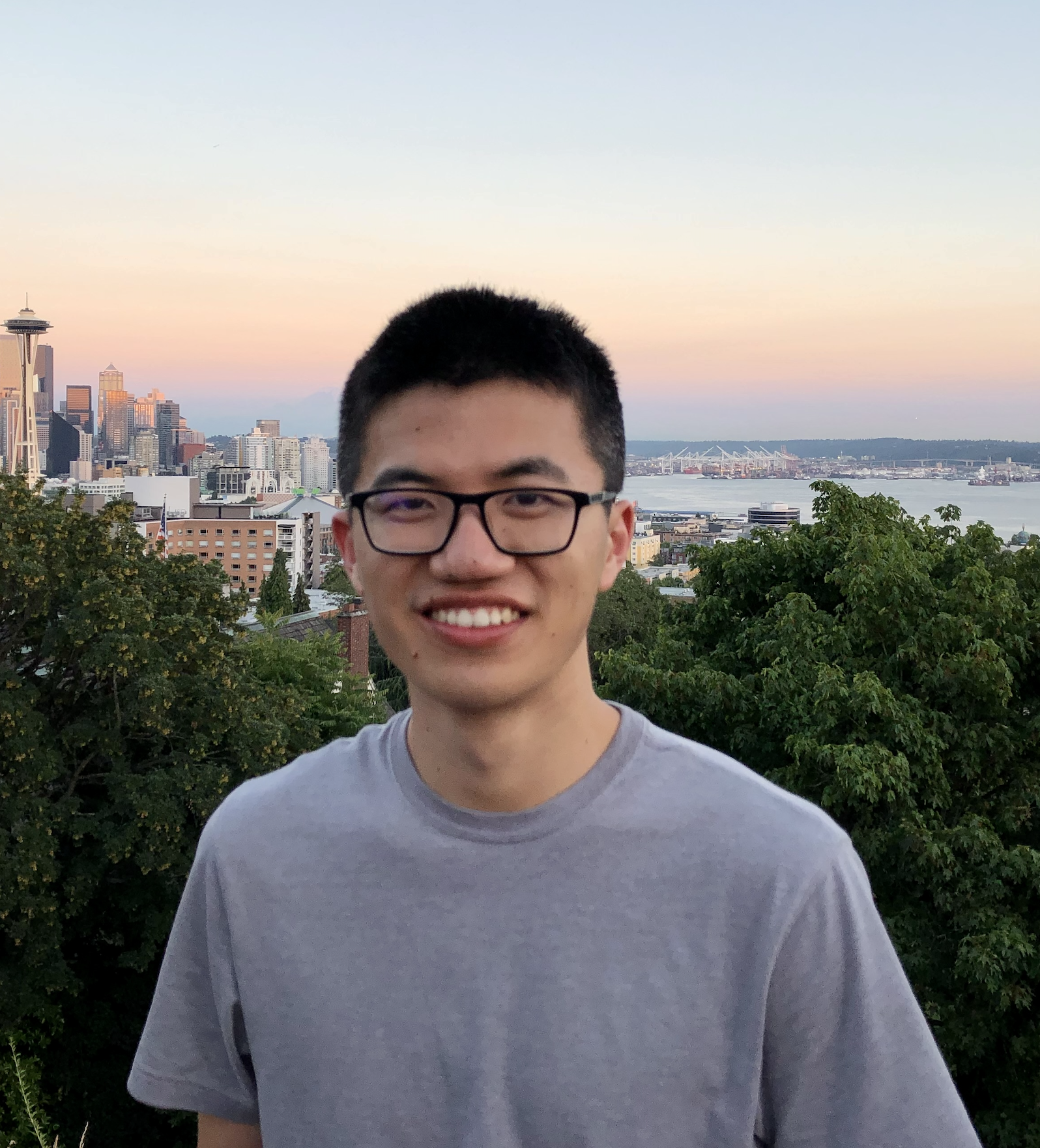|
I’m Michael Zhang, a final-year PhD student at the University of Toronto and Vector Institute, where I am fortunate to be supervised by Jimmy Ba and supported by the NSERC CGS Fellowship and the Schwartz Reisman Graduate Fellowship. I am interested in building safe, general-purpose machine learning systems. I did my undergrad and Master's at the University of California, Berkeley and have previously done internships at Tesla, Google Research, and LinkedIn. You can contact me at [first name] @cs.toronto.edu. CV / Google Scholar / Twitter / Substack |

|
|
|
Some topics I am currently interested in: |
|
Blair Yang, Fuyang Cui, Keiran Paster, Jimmy Ba, Pashootan Vaezipoor, Silviu Pitis, Michael R. Zhang Neurips Socially Responsible Language Modelling Research Workshop Paper / Blog post / Dashboard We discuss desirable criteria for qualitative evaluations and present an approach for generating human-interpretable, natural language summaries of model behavior for specific skills or topics. |
|
Michael R. Zhang , Nishkrit Desai, Juhan Bae, Jonathan Lorraine, Jimmy Ba Neurips Foundation Models for Decision Making Workshop Paper / Code We develop a methodology where LLMs suggest hyperparameters and show it can match or outperform traditional HPO methods like Bayesian optimization across different models on standard benchmarks. |
|
Andrei Muresanu, Anvith Thudi, Michael R. Zhang, Nicolas Papernot Preprint Arxiv We analyze unlearning in the in-context learning setting and propose an algorithm that is amenable to unlearning and efficiently selects examples for in-context learning. |
|
Brandon Jaipersaud, Paul Zhang, Jimmy Ba, Andrew Petersen, Lisa Zhang, Michael R. Zhang AIED 2023 Paper We propose and evaluate a question-answering system that uses decomposed prompting to classify and answer student questions on a course discussion board. |
|
Juhan Bae, Michael R. Zhang, Michael Ruan, Eric Wang, So Hasegawa, Jimmy Ba, Roger Grosse ICLR 2023 (top-5% of accepted papers) Paper We propose Multi-Rate VAE (MR-VAE), a hypernetwork which is capable of learning multiple VAEs with different rates in a single training run. |
|
Michael R. Zhang, Tom Le Paine, Ofir Nachum, Cosmin Paduraru, George Tucker, Ziyu Wang, Mohammad Norouzi ICLR 2021 Paper / Video Autoregressive models are better for learning dynamics models than standard feedforward models in the fixed dataset setting. |
|
James Lucas, Juhan Bae, Michael R. Zhang , Stanislav Fort, Richard Zemel, Roger Grosse ICML 2021 Paper We investigate and analyze why many neural networks have the loss decreasing monotonically in weight space from initialization to final solution. |
|
Silviu Pitis, Michael R. Zhang AAMAS 2020 Paper / Code / Video Framework and aggregation rules for combining the preferences of multiple agents with noisy views of some ground truth. |
|
Michael R. Zhang, James Lucas, Geoffrey Hinton, Jimmy Ba NeurIPS 2019 Paper / Code / Video Optimization algorithm that speeds up training by using a search direction generated by multiple steps of an inner optimizer. |
|
Carlos Florensa, David Held, Markus Wulfmeier, Michael Zhang, Pieter Abbeel CoRL 2017 Webpage / Paper / Blog post Approach for tackling sparse reward tasks by generating goals of intermediate difficulty. |
|
David Held, Zoe McCarthy, Michael Zhang, Fred Shentu, Pieter Abbeel ICRA 2017 Paper / Video Framework for safely transferring policies learning in simulation to the real world. |
|
I enjoy teaching and am grateful to have had the opportunity to teach a variety of different subjects in computer science. Lecturing
Teaching Assistant
At Berkeley, I was awarded the Outstanding Graduate Student Instructor award. |
|
I try to adhere to the principle "journey before destination" (Brandon Sanderson). Some activities I enjoy: basketball, running, exploring new places, reading, improv. Multivariate Gaussian Properties Visualization
|
|
Template from here! |